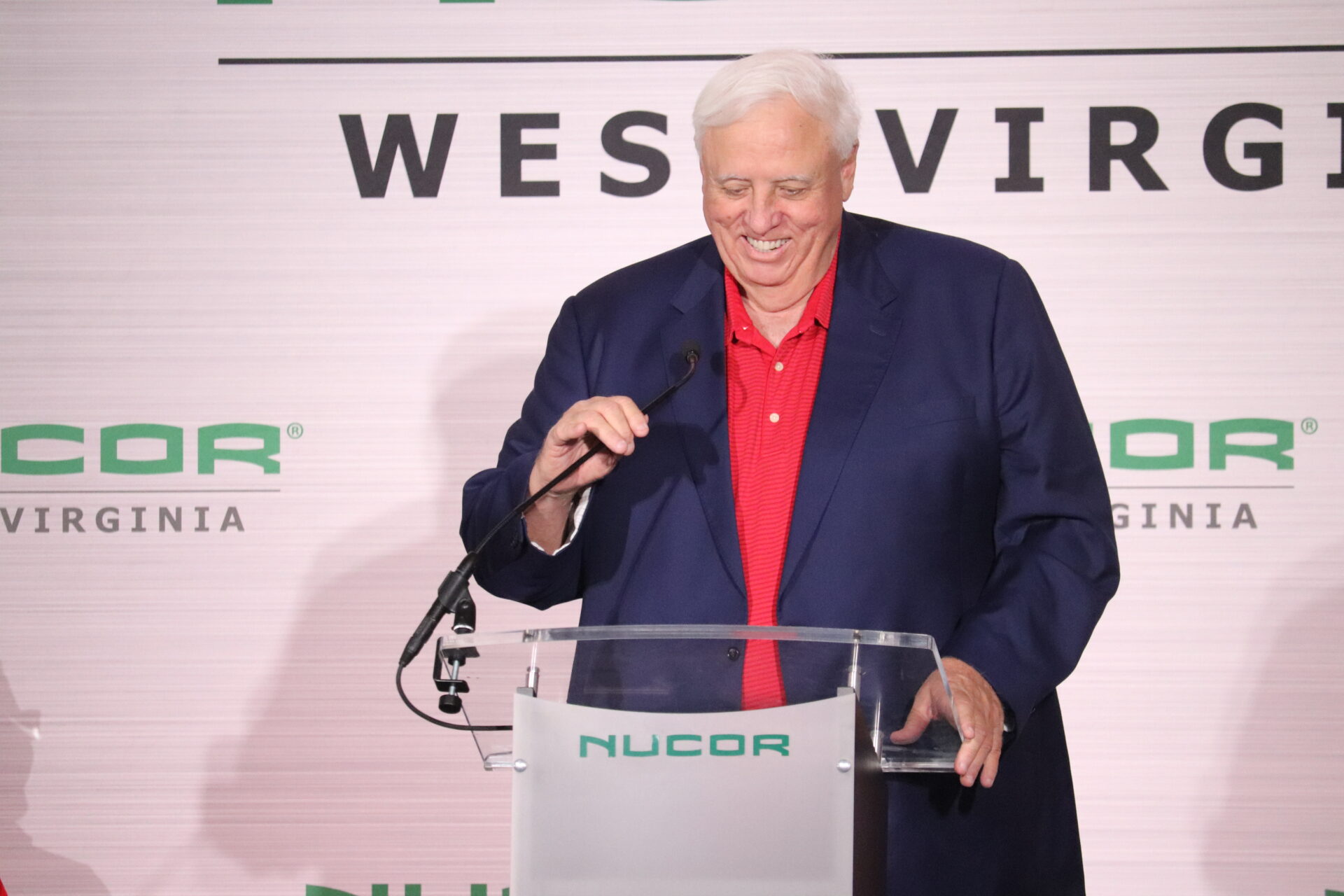A company owned by the family of Gov. Jim Justice has been sued over workers compensation.
LM Insurance, a subsidiary of Liberty Mutual, says Bluestone Resources and affiliated Justice companies owe $1.75 million in premium payments.
The complaint, filed in U.S. District Court for the Western District of Virginia, says Bluestone filed an application in 2020 for a workers compensation insurance policy for its operations in Virginia and West Virginia.
In 2021, LM Insurance canceled the policy for non-payment of premiums.
In 2022, Bluestone made a payment toward the premiums of $50,000, the court filing says.
LM Insurance asked Bluestone to pay the remaining balance of $1.75 million, but Bluestone has not done so, the filing says.
LM sued Bluestone for breach of contract and unjust enrichment. It seeks compensatory damages, interest, court costs and further relief if the court sees fit.
Neither Justice nor any of his family members are named in the suit. Bluestone is based in Roanoke, Virginia.
Another company has sued Bluestone in the same Virginia court. Caroleng Investments, an offshore company based in the British Virgin Islands, says Bluestone owes it $13 million.
Last month, Caroleng’s attorneys sought a court order for the U.S. Marshals to seize a helicopter belonging to Bluestone that was housed at the Roanoke-Blacksburg Regional Airport.
Bluestone and another of its creditors, an Indiana bank, asked the court to stay the order. Meanwhile, the helicopter was moved from Roanoke to Burlington, North Carolina.
A judge issued the stay. A hearing will be held Friday to work toward settling the dispute.
